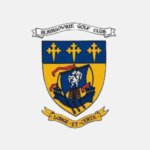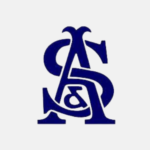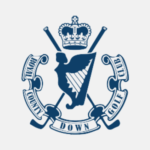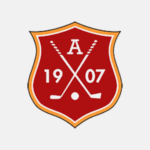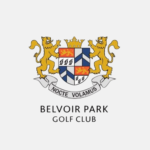You have been headhunted and given the opportunity to interview for the CEO position at a top 100 Golf & Country Club, what would be the pinnacle of your career. All that lies between you and your dream job in the interview process, you only have one chance and must ace this interview.
Below is DPSM’s check list of how to prepare to succeed:
1. Research:
The recruiter should be able to give you a certain amount of information about the club, a Job Description and the names of the Interviewers.
The two area you must research are the Interviewers and The Club.
Interviewers: The most important information the recruiter can give you is the names of the people interviewing you. These people are either going to make up a committee at the club and therefore will tend to be successful businessmen in their own right, or they will be an Owner(s) of the Club. RESEARCH these people online, find out their career steps, do you know anyone who might know them personally? The more you know about the interviewer the more comfortable you will be sitting in front of them.
The Club: You need to present yourself as the answer for success at the Club. Research the previous CEO, why did he leave? What were his strengths and weaknesses? What did the members like and dislike about him? Try to find out any information from the recruiters initial meeting with the Client that might be able to help with your approach. Learn small things like, the date the Club was founded, or the Club’s motto. The interviewer will want to see that you have researched the club and small facts are go to questions.
2. Preparation
Once your research is complete, it is time to prepare for the interview. It sounds elementary, however learn your CV inside out:
- Dates (make sure there are no mistakes)
- Achievements (figures)
- Make sure you are able to back up any point on your CV with an example or clarification
Interviews are designed to assess whether you, the candidate, can do the job at hand, whether you’ll spring into action once on the job, and whether you fit with the company’s culture and management team. To prepare for your interview, you should anticipate what questions you may be asked and craft quality responses to them.
- What are your strengths? When answering this question, bear in mind the research you have done, what strengths does the club require to overcome its current challenges.
- How would you describe your management style? Again, look at what has worked previously with the old CEO (or what didn’t), also look to what has worked in your career. Ask ex-colleagues what they thought of your management style (always ask for an opinion from someone you know will give you a straight answer). You’ve reached this position by doing something right so don’t try to re-invent yourself now.
- Why should we hire you? The answers will come from the research you have done on the club and from having a strong knowledge of your career (giving examples of your experience which will benefit the club). Explain how your strengths align with the company’s needs.
- What are your salary expectations? There will come a point (usually at the end of the interview) when this question will be asked. It is very important not to sell yourself short or price yourself out of the job. Find out from the recruiter the sort of range which was discussed at the beginning of the process, or ask someone like myself to do some research in to salary levels, this is a service DPSM provides for their Clients – we have this information on file.
Ask someone to conduct a practise interview with you, maybe someone you know who sits on a Committee of a large club, or a friend who sits on the board of a large company.
Remember throughout your career you have worked as part of a team, try not to answer all questions beginning ‘I, Me & My’, there is a fine line between confidence and arrogance, every business wants a team player!
3. Interview Day:
- Arrive at the Club 15 minutes early (no earlier), under no circumstances be late… a good idea is to arrive at a coffee shop nearby, have a coffee or read a paper, get to know the surroundings, that way you can safely know you will arrive for your interview 15 minutes before.
- Make sure your hand shake is on point (first impressions very important)
- Head up, shoulders back and smile
4. Follow up:
- Send a letter to the interview committee thanking them for their time





